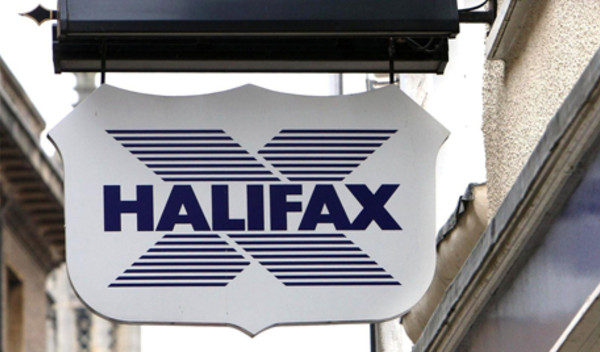

Halifax has said it no longer requires brokers to provide proof of a repayment plan when customers switch from interest-only mortgages to other products.
As of today (1 December), Halifax will allow customers to transfer from interest only to repayment mortgages even if they do not have a repayment plan from the lender’s approved list to cover the full amount on interest-only.
Previously, brokers were required to provide proof of a repayment plan if it was not on Halifax’s accepted list, but they are no longer required to do so.
However, brokers are still required to ensure they are satisfied the borrower has a viable repayment strategy in place.
The move is expected to help those paying over-the-odds on a standard variable rate (SVR), potentially saving them hundreds of pounds per month.
Known as 'mortgage prisoners', these are borrowers trapped in their existing deal and unable to switch. This is often due to weak loan-to-value, prior self-certification, taking out an interest-only mortgage, self employment or having ‘credit blips’ in an otherwise good mortgage payment record.
A spokesperson from Halifax Intermediaries said: “We continually review how we can support our existing mortgage customers when they are looking to make a change to their mortgage, including offering product transfer options for SVR customers on interest-only.”
Interest-only mortgages, which require borrowers to pay off monthly interest but not capital, were popular with homebuyers in the years leading up to the financial crisis of 2008.
But many of those who took out the loans failed to put adequate repayment plans in place, leaving them in danger of repossession.
In 2014, regulations were introduced by the Financial Conduct Authority to ensure the mortgages could not be sold without a repayment plan, leading to a decline in their popularity.
According to estimates by the Council of Mortgage Lenders – now part of UK Finance – at the end of 2015 there were 1.7m pure interest-only mortgages outstanding, with a further 500,000 on a part interest-only, part repayment basis.
These figures represent a decline from 2,491,000 pure interest-only and 705,000 part-and-part loans that were outstanding in 2012.
Key estimates around 10,000 borrowers a year between now and 2020 are set to reach the end of interest-only loans with either a projected shortfall from their repayment strategy or no strategy at all.
Nick Green, broker at Coventry-based Alternative Estates, welcomed the move by Halifax and said it could save clients hundreds of pounds per month on repayments.
He said: “It is good news. Quite a few people are sitting on SVRs and Halifax are trying to help people out and give them more options to get better deals.
“We have got to satisfy our role on interest-only. We still have to make sure it is the right thing for the client – we still have to provide details of their income and to show affordability going forward. We have to satisfy our criteria in the background.
“The problem is, product transfers are treated as a new mortgage. We still have to cover ourselves to say ‘this is where they are at’, and if I can save them £100 per £250,000 on the mortgage, whether they have a repayment vehicle or not it is better to save them money.”
simon.allin@ft.com




